Diversity in marketing: The Open University and Alamy launch campaign for more authentic representation of Black and Asian students
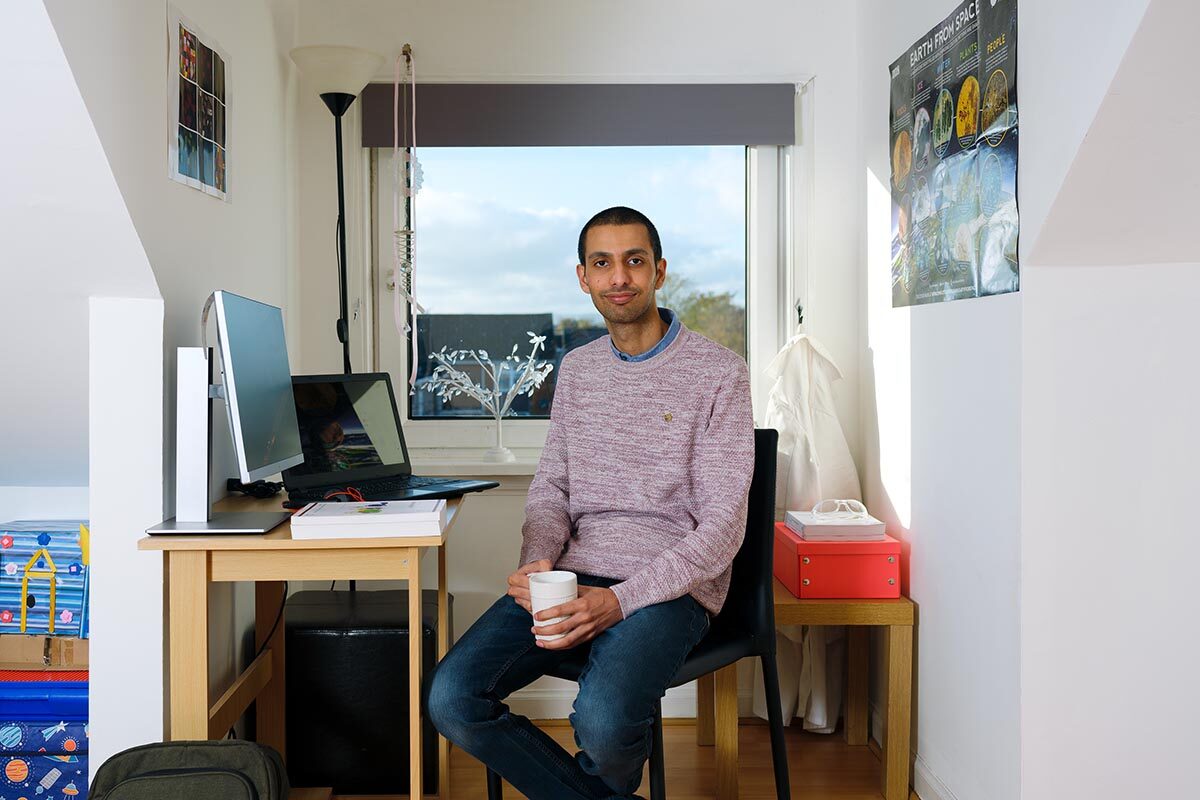
The Open University, the UK’s largest university, has launched a campaign in partnership with Alamy, spearheading better representation of Black and Asian students in marketing imagery.
For over 50 years The Open University has been passionate about widening access and promoting educational opportunity and social justice by providing high-quality education to people from all backgrounds, who wish to realise their ambitions and fulfil their potential.
The Open University celebrates diversity and the strengths it brings to the institution and seeks to reflect this within its communications and marketing material. However, it found a distinct lack of stock images portraying Black and South Asian students available to purchase from photo library websites.
Now, The Open University has joined forces with Alamy, the world’s most diverse stock photo library, to start building a collection of photos that better represent Black and Asian distance learning students.
The aim of The Alamy Legacy Collection is to create an ever-growing portfolio of images other organisations can use in their marketing materials and is inspired by four portraits, commissioned by The Open University by Press Association’s photographer Inzajeano Latif.
The portraits depict the stories of four students, each with their own unique path that led them to The Open University, including graduate, Ali Salik.
After moving to the UK from Pakistan, Ali studied for his Highers in Scotland, achieved good grades, applied to university and received offers. However, because he was still classed as an overseas student, he was unable to afford the tuition fees and so started an apprenticeship in applied science instead, which involved studying for a Higher National Certificate (HNC) at college.
“I was feeling quite down at that point, because that’s all I’ve always wanted to do, to go to university, gain higher education and a degree,” he says.
The opportunity came later, when he was introduced to The Open University by his father, who had studied with the institution some time ago. Establishing that he was able to use his HNC credits towards the degree course, meaning he wouldn’t have to start from scratch, he studied for his degree alongside his full-time job as a chemistry lab technician.
“I wasn’t sure at the very beginning if I could do everything remotely, as I’ve always seen people go to university the traditional way, but it fit very nicely with my routine and with my work,” he explains.
Employers have been impressed by Ali’s dedication and determination shown through his ability to study and work full time and he believes this aspect of the course set him up for the real-life challenges of the world of work. Although he understands the uncertainty from some backgrounds on the benefits of distance learning:
“People from my community do have that sort of hesitancy because they prefer going to, physical universities, but hopefully things will change,” he said. “Especially after COVID you know everything is online and most universities went online anyway, so a lot of people had to do everything remotely, so they now have understanding that things can be done differently as well.
“The flexibility The Open University offers is just amazing because you can adapt things according to your own needs. You can study wherever you want, whenever you want and whatever device you want to work on.”
Ali has now finished his studies and works as an Organic Geochemistry Technician and Technician Commitment Co-ordinator at the University of Glasgow. He is currently working on research papers he hopes to have published.
The Open University believes its students are its most powerful ambassadors and in celebrating and highlighting stories like Ali’s and encourage greater enrolment from Black and Asian students.
Open University Unveils Collection of Inspirational Photos to Represent Black and Asian students
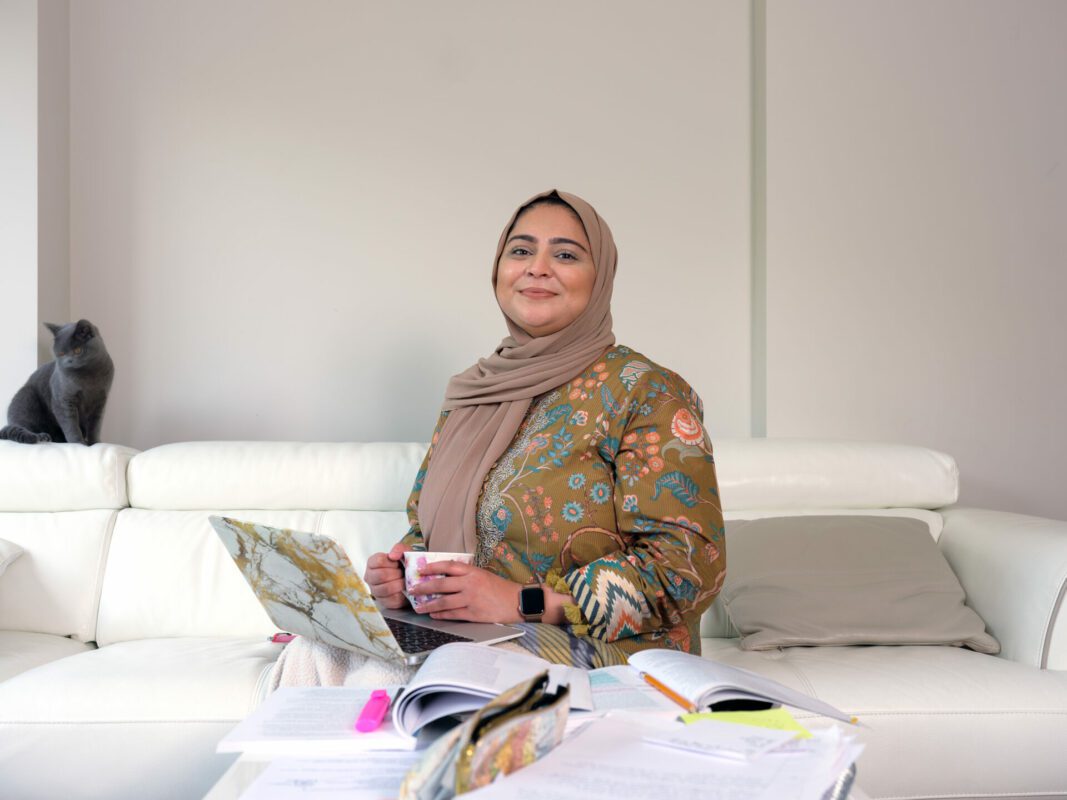
19th Jan 2022: The Open University, the UK’s largest university, has today (19 Jan) unveiled a set of four inspiring student portraits, in partnership with Alamy, the world’s most diverse stock library, that represent an authentic portrayal of distance learning for Black and South Asian students.
Alongside the portraits, The Open University has also partnered with Alamy, to encourage photographers to submit images that reflect life from the perspective of Black and South Asian students in the UK. Images submitted will form an ever-growing legacy collection, which will be available via Alamy for other organisations to use in their marketing materials, as an ongoing commitment to diversity in stock images.
“The Open University prides itself on being open to people, places, methods and ideas and is passionate about widening access,” says Melissa Thermidor, Programme Director at The Open University.
“We feel that the stock images available to portray Black and Asian students are not authentic or relatable and don’t reflect the reality of their lives or of distance learning, and we want to change that.”
The Alamy legacy collection is inspired by the portraits commissioned by The Open University by Press Association’s photographer Inzajeano Latif, depicting the stories of four students:
- Joe, from Essex: a pharmacy assistant that is studying to be a psychologist.
- Candace, from Cardiff: works part-time in customer services and has an internship with a digital magazine and is studying Business Management and Marketing
- Halima, from Birmingham: is studying a degree in International Studies and has set up a care agency
- Ali, from Falkirk: has now finished his Open University degree and has secured a job as a organic geochemistry technician in a university.
Inzajeano said “I’m proud to have worked with The Open University by capturing the authentic distance learning experience in the UK. Representation in front of and behind the camera is important to me as I’ve dedicated my career to unearthing places and faces that are all too often invisible. This campaign showcases students from diverse backgrounds, in their own study spaces, and it’s a fantastic opportunity to raise awareness of flexible learning for all.”
Joe commented about his involvement in this initiative: “Hopefully people will look at me and relate and think if he can do it, I can do it. If they can see someone that’s like them it can change their life.”

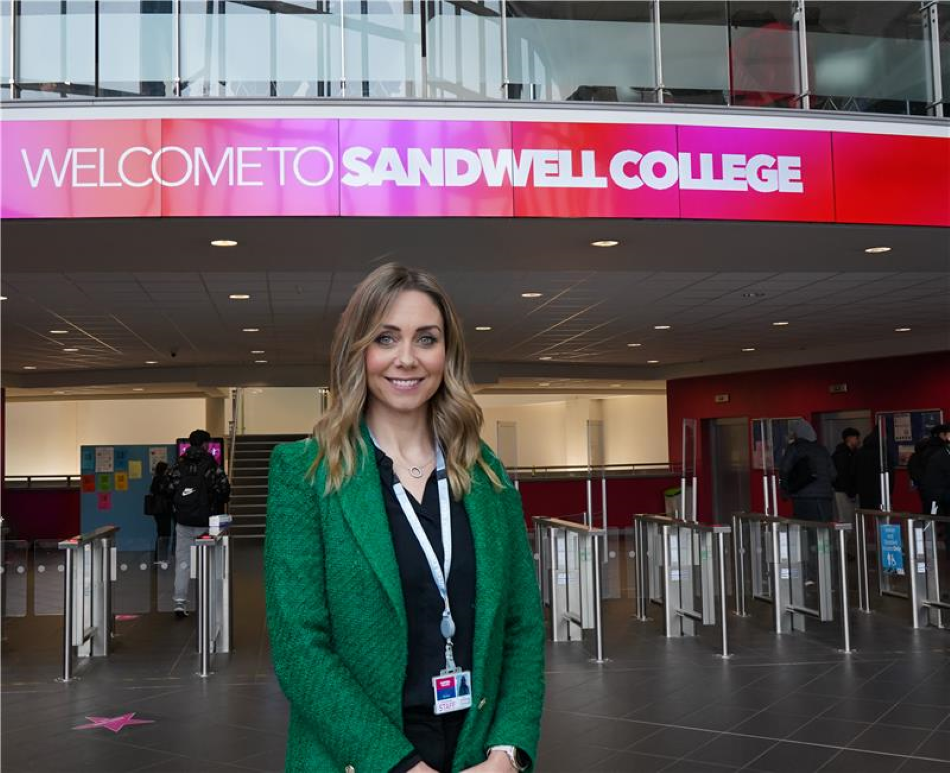

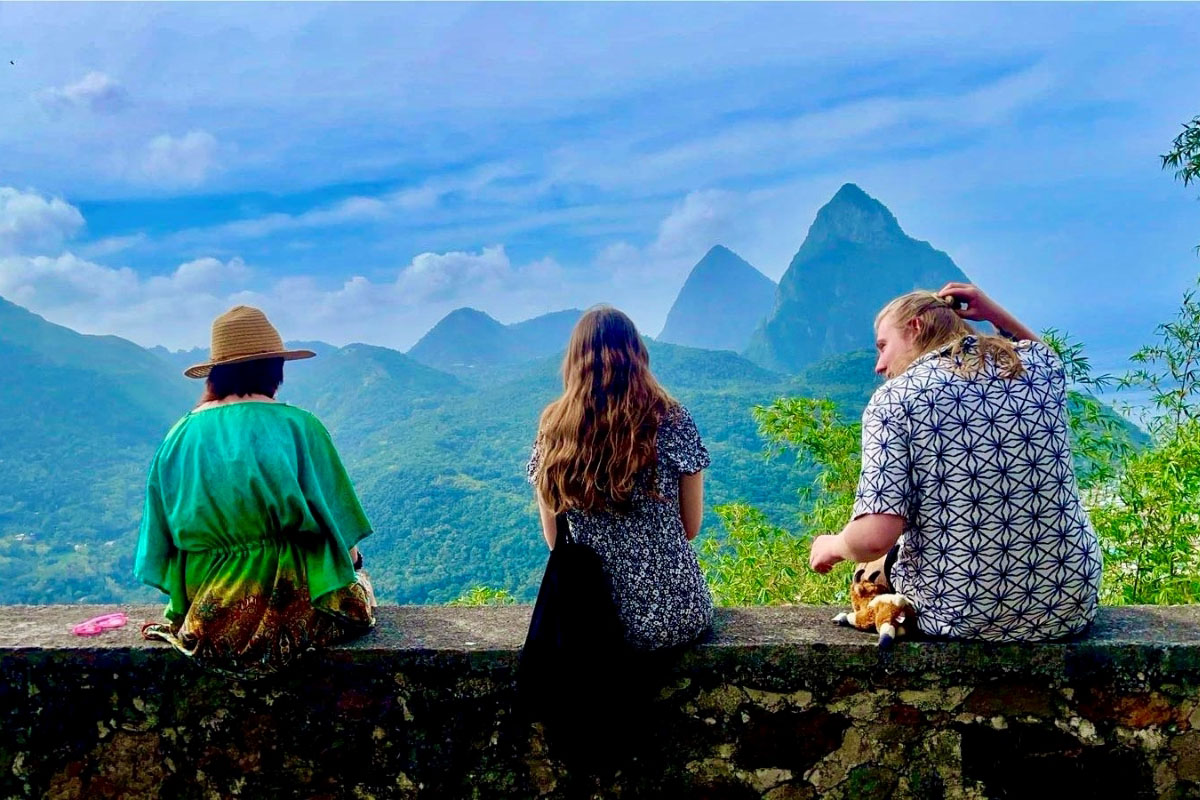
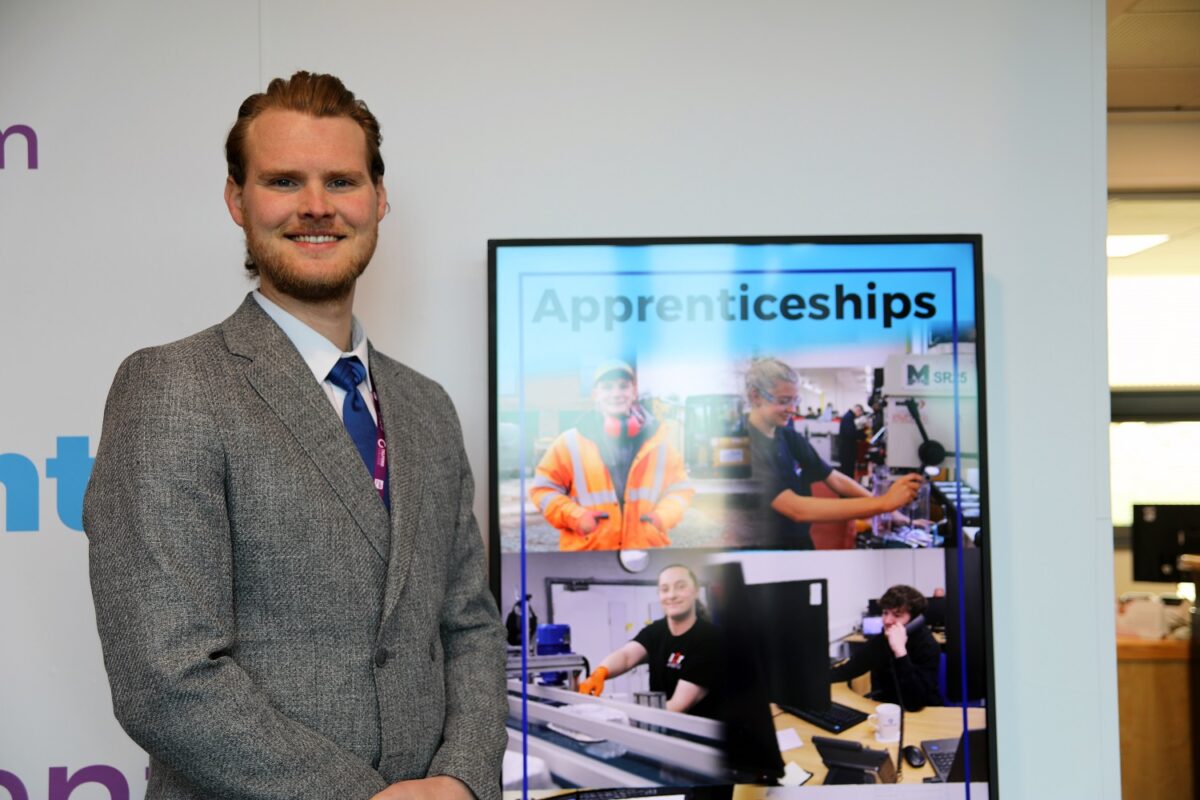
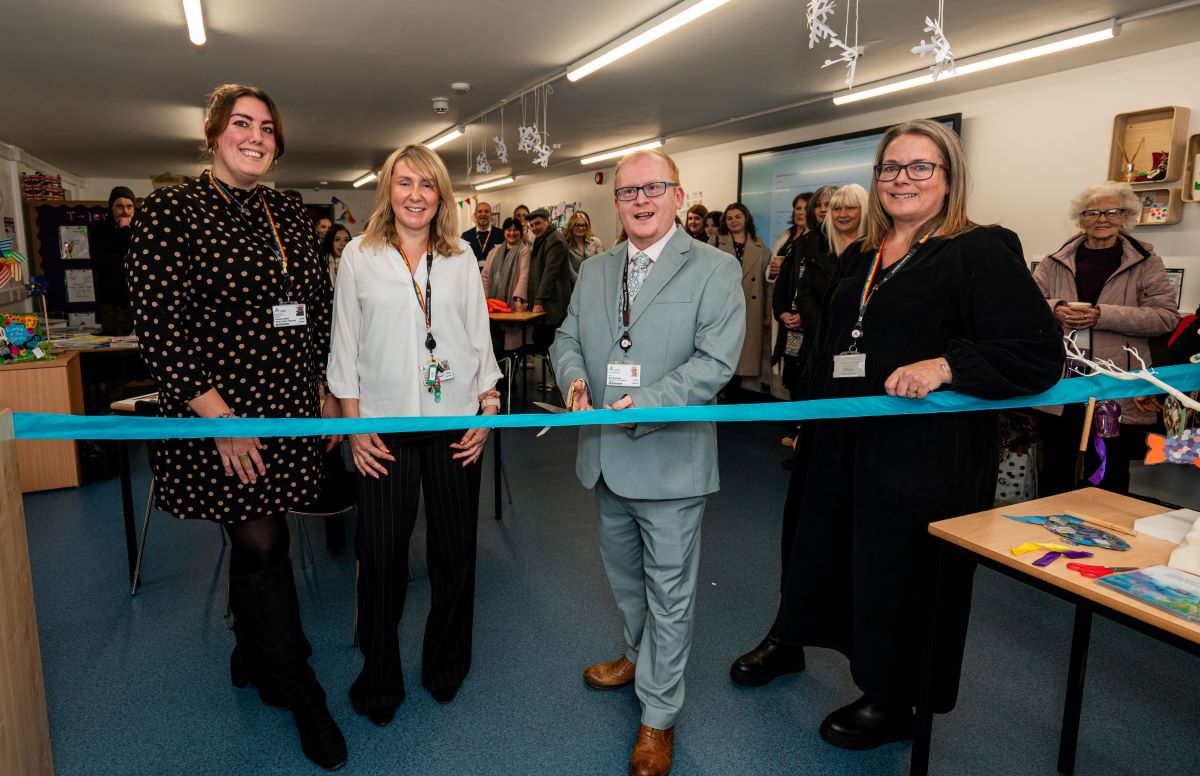


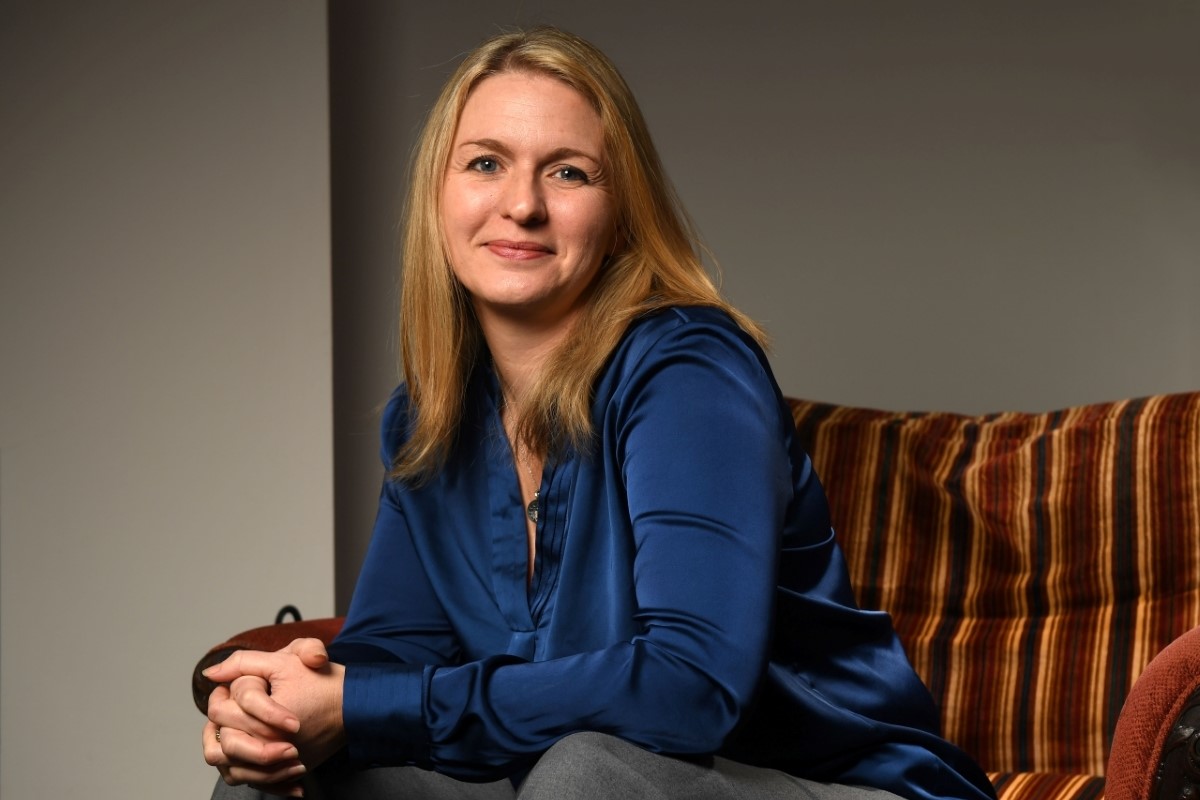
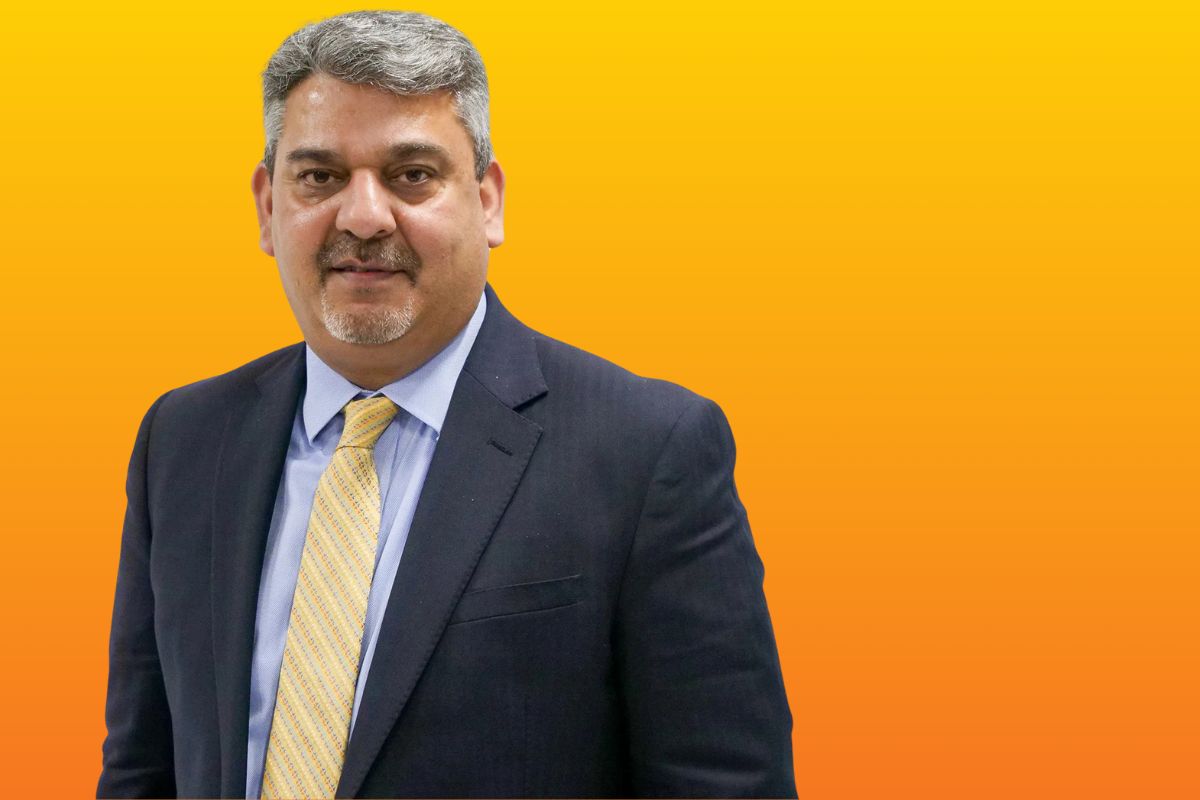

Responses